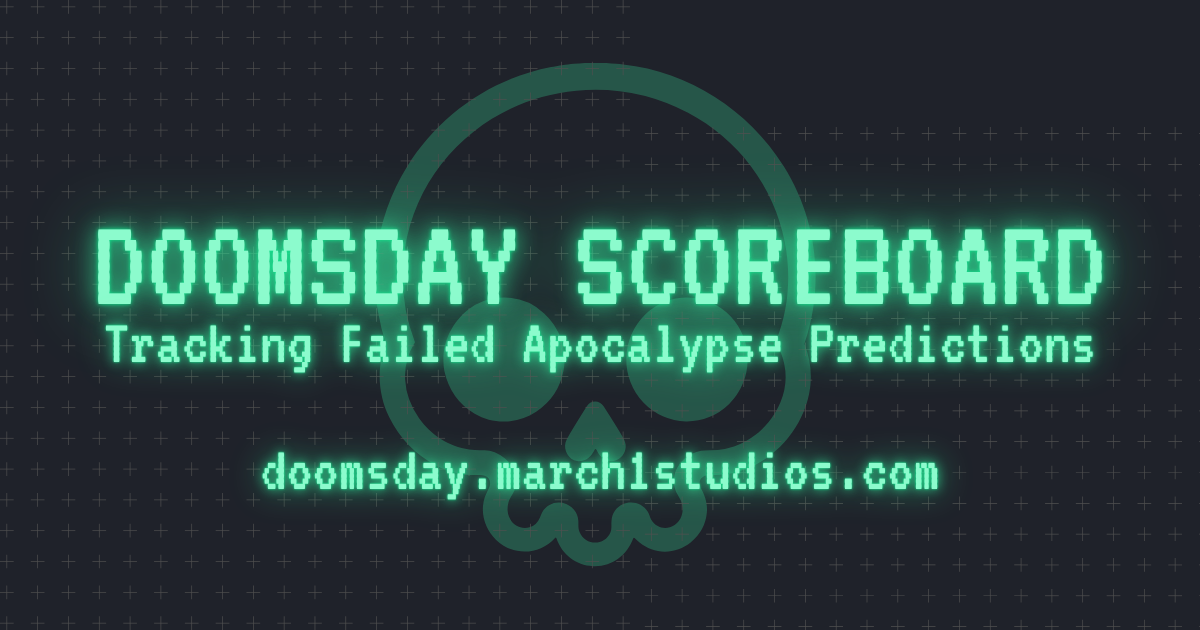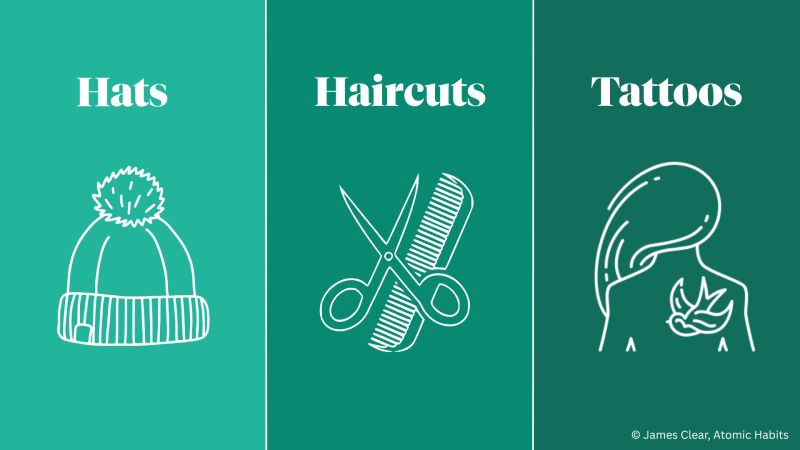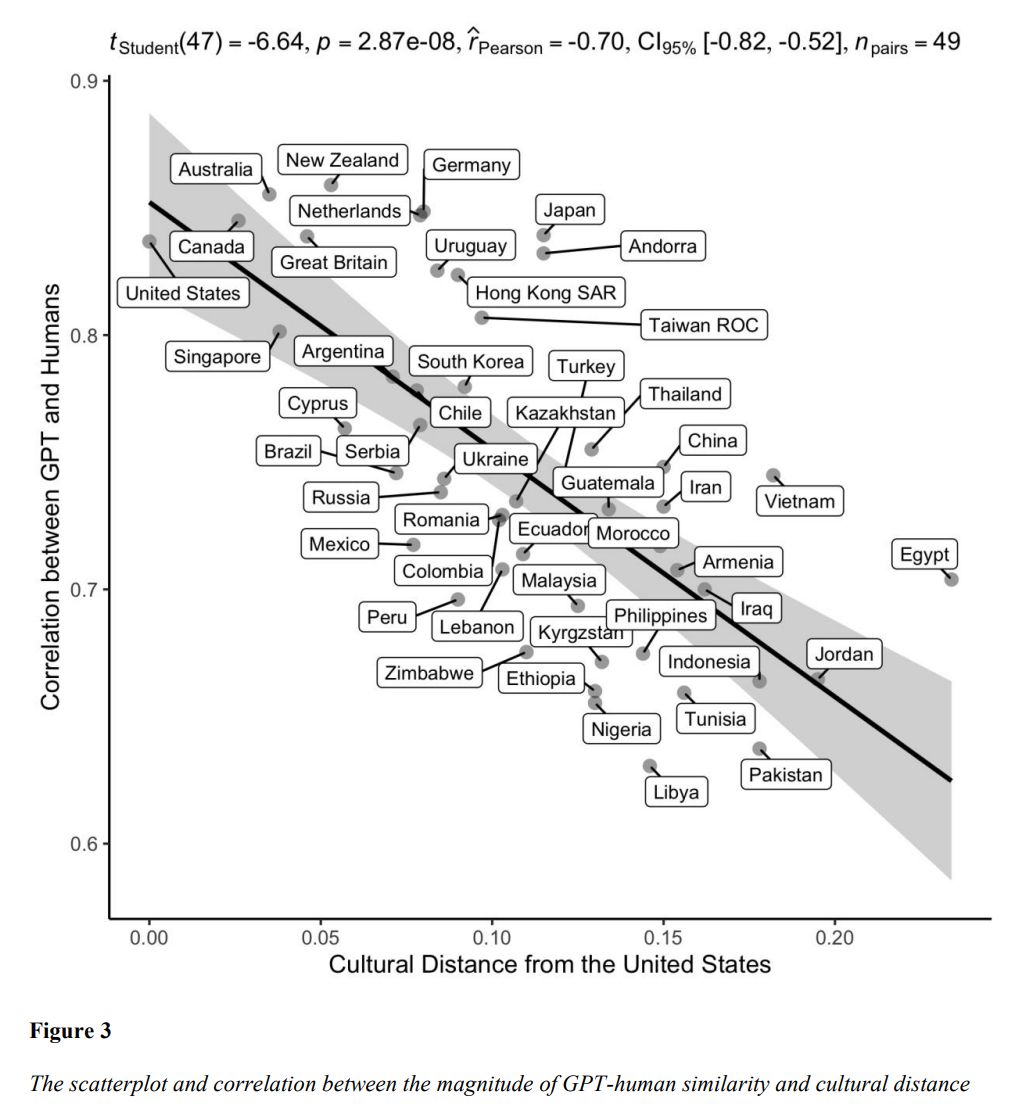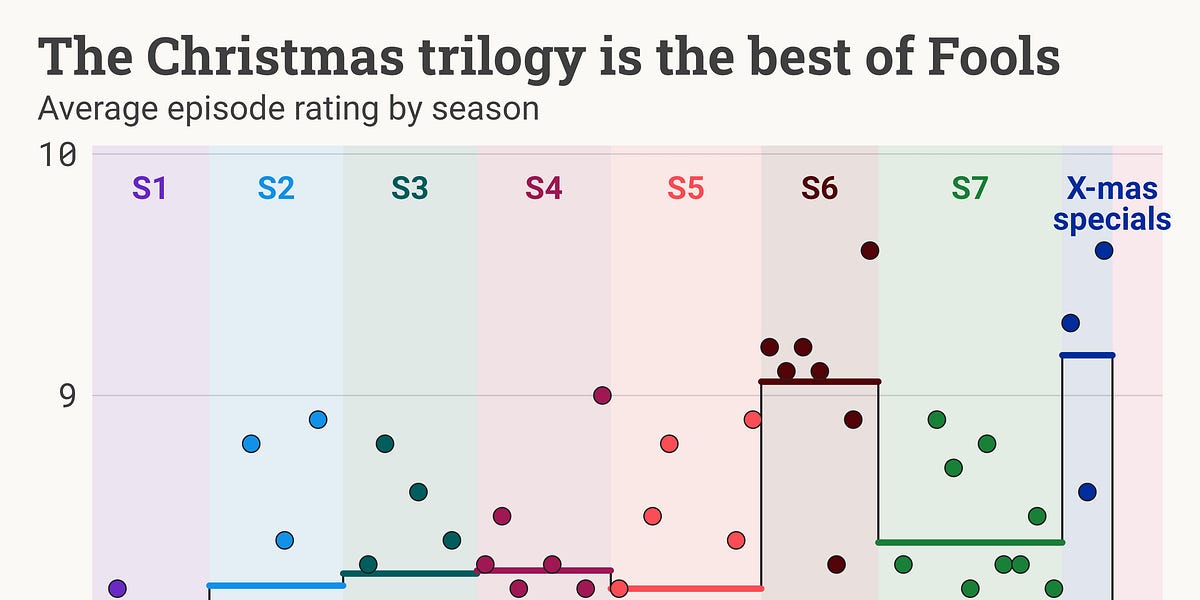This week's best things
Lessons from a museum cyberattack, Welsh AI content support, the EU’s plan to fix cookie law chaos, a doomsday prediction tracker, hat/haircut/tattoo decisions, why writing in books boosts memory, Amazon’s decline, team focus research, cultural bias in GPT, and sitcoms in Yugoslavia.

Last week I forgot to alert you to kanelbullensdag, which is always on October 4th, so to make up for missing it why not read this week's edition with a cinnamon bun.
Ok, here are some good things.
Lessons from a Cyberattack: The National Museum of the Royal Navy’s Journey Through Crisis and Recovery
The story of the cyberattack that the National Museum of the Royal Navy suffered in 2024, including what they've changed since, and some lessons.
"On 9 December 2024, the National Museum of the Royal Navy faced an event that every museum hopes never to experience: a ransomware cyberattack. Overnight, the organisation’s entire digital infrastructure—from ticketing systems to collections databases—was encrypted and rendered unusable.
What followed was months of disruption, emergency response, and a hard-earned recovery. The experience highlights the scale of risk that cultural institutions face in the digital age, and offers valuable lessons for how museums can prepare for the inevitable."
It really is so useful to see this kind of sharing (the stuff that the British Library shared after the attack they experienced in 2023 is still well worth a read).

This is how we built...an interactive longbow exhibit
Earlier this year I had lots of conversations with people doing digital work in the cultural sector to try and understand what people were struggling with, and the sort of questions that it was difficult to get answers to.
A recurring theme was the desire to hear more honest stories about how projects actually get done. So, I’ve started a new strand of the Digital Works Podcast to do just that. I’ve had some generous, frank and practical conversations with Ben Templeton, Rebecca Barnett, Seb Chan and Lucie Paterson.
Over the next few weeks I’ll be sharing these pilot episodes under the (imaginative?) title "This is how we built...".
The first episode was released earlier this week. In it, Ben Templeton talks about leading a team to design and build an interactive longbow and longstaff exhibition at Nottingham Castle.

An AI supported tool for content design
"The Welsh Government publishes a wide range of online content including guidance, announcements, press releases and blogs. As an organisation we are committed to making our content easy to understand, accessible and accurate.
In the Data Science Unit, we have completed experimental work to test how Large Language Models (LLMs) can:
- assist professional content designers
- empower everyone to write clear and accessible content
In this blog we will discuss our initial work and present the results."

Europe’s cookie law messed up the internet. Brussels wants to fix it.
Cookie banners are an incredibly annoying part of the modern internet. The European Commission seems to have realised this, and now wants to try and fix it.
"European rulemakers in 2009 revised a law called the e-Privacy Directive to require websites to get consent from users before loading cookies on their devices, unless the cookies are “strictly necessary” to provide a service. Fast forward to 2025 and the internet is full of consent banners that users have long learned to click away without thinking twice.
“Too much consent basically kills consent. People are used to giving consent for everything, so they might stop reading things in as much detail, and if consent is the default for everything, it’s no longer perceived in the same way by users,” said Peter Craddock, data lawyer with Keller and Heckman.
Cookie technology is now a focal point of the EU executive’s plans to simplify technology regulation. Officials want to present an “omnibus” text in December, scrapping burdensome requirements on digital companies. On Monday, it held a meeting with the tech industry to discuss the handling of cookies and consent banners."

The Doomsday Scorecard
Spotted via Web Curios, a website which tracks all the different predictions that we’ve made as a species about when the world is going to end.

Hats, Haircuts, and Tattoos
I saw a good post from Catherine Ferguson, sharing James Clear's categorisation of different types of decision:
"It's really stuck with me as a tool for checking the amount of data and deliberation actually required to move forward on something:
'Hat' decisions are low-stakes and relatively easily pivoted from (if you put on a bad hat, you can look in the mirror and quickly change it)
'Haircut' decisions are slightly higher stakes and potentially take a bit more time to change (a bad haircut has a cost associated with it, but you can undo it over time)
'Tattoo' decisions are highest stakes and hardest to correct (lasers or a trip to the Tattoo Fixers don't come cheap or easy)"
As I wrote earlier this week - don't treat all your hats like tattoos.


Writing in Your Books Is Good for Your Brain—Here’s Why
Apparently writing notes in margins is now a 'TikTok trend', anyway - here's an article on the neuroscience behind doing this.
"Alongside this evolution of margin additions, neuroscientists have been researching the cognitive effects of writing, pencil to paper. For instance, a study of electrical activity in the brain published in Frontiers in Psychology found that handwriting itself helps a person remember and understand more about they’ve read and written.
Maryanne Wolf, director of the Center for Dyslexia, Diverse Learners and Social Justice at the University of California, Los Angeles, discussed the importance of annotating with NPR in 2022. In classic former-English-major fashion, she paraphrased Marcel Proust in explaining that deep reading allows us to “go beyond the wisdom of the author to discover our own.” In that vein, marginalia can help the annotator understand the material deeply enough to further develop their own interpretation of the text, she said.
In the Journal of Language Learning and Teaching, foreign language professor Demet Yayli of Pamukkale University in Turkey, explained that in writing workshops, especially for genre-fiction writing, deep reading—which includes annotations—is critical in helping students articulate their interpretations and maintain their own “learner autonomy.”"

More Flop Than Blockbuster
An absolutely scathing review of the Academy Museum of Motion Pictures which cost almost half a billion dollars to build and seems to have made what could perhaps be described as...a number of missteps since opening.
"When you enter the finished Academy Museum today, the space comes off as chilly and industrial, as if you’ve stepped into an old airplane hangar that’s been remodeled into the lobby of a Ramada.
Like the trailer for a horror film, it all foreshadows the archaic and soulless experience to follow. Plagued by huge cost overruns, a deeply flawed design, overtly political curation, and sticky charges of anti-Semitism, the museum now seems laughably earnest, lacking in a cohesive narrative, and, perhaps most damning, dull."
I've never visited the museum, so I don't know how accurate this piece is.

Way past its prime: how did Amazon get so rubbish?
In this piece for the Guardian Cory Doctorow takes a step-by-step look at the enshittification of Amazon, and why it matters more broadly.
"A confession: I am no true believer in markets as the best arbiter of how our society should work, who should be in charge of it and how its productive capacity should be organised. Like other leftists, I am deeply suspicious of capitalism. I understand the temptation to look at all this verbiage about enshittification, throw your hands up and say, “What do you expect? Capitalism always produces crises of production. Enshittification is just a sweary euphemism for capitalism.”
But this is wrong. There are meaningful differences between the internet as it stands today – the enshitternet – and the old, good internet we once had. The enshitternet is a source of pain, precarity and immiseration for the people we love. The indignities of harassment, scams, disinformation, surveillance, wage theft, extraction and rent-seeking have always been with us, but they were a minor sideshow on the old, good internet and they are the everything and all of the enshitternet.
This has real, material consequences for our comrades in the struggle for a better world. The internet that spawned Occupy and Black Lives Matter has become hostile to the maintenance of radical political movements and is inimical to the founding of new ones. That really matters. Not because the internet is the most important issue facing us today. Far from it. Compared with the climate emergency, genocide, inequality, corruption, democratic backsliding, authoritarianism and sustained racist, homophobic, misogynist and transphobic attacks, the internet is just a sideshow. But the internet is the terrain upon which these fights will be waged. It is the communications medium we will use to organise to save our species and planet from their imminent eradication. We can’t win these fights without a free, fair and open internet."
I also saw this article on the (massive $2.5bn) settlement that Amazon recently agreed as a result of the deceptive UX patterns in its Prime signup and cancellation processes.


Teams That Prioritize Either Learning or Performance Perform Better
Some research that highlights the most effective teams are focused on either learning or performance, not both.
"In today’s fast-moving work environment, organizations expect teams to do everything at once: perform flawlessly in the moment and constantly improve for the future. But is it wise to ask teams to chase both performance and learning outcomes at the same time?
Our research says no."

The further someone's cultural distance from the US, the less correlated GPT responses are to their cultural values
I've previously shared work by Tey Bannerman that highlighted the issues around AI and 'cultural alignment'.
This post from Simon Wardley shares some recent work from Harvard University which explores the correlation between AI responses and cultural values.

Looking ahead (and asking a small favour)
At the start of next year I’ll be taking a break from writing this newsletter for a couple of months. Between now and then, I’d love to gather a bit of feedback from you to help me reflect on and understand what's most useful and interesting for me to focus on when I return.
I’ve put together a very short survey (it's very short, I promise) where you can let me know what you think (or you can just drop me an email - [email protected]).
Thanks so much in advance. Your feedback really appreciated and, I hope, it’ll help me return with something even more useful, interesting, and enjoyable to read in the Spring.
Only Fools and Horses was massive in Yugoslavia
I was told recently that Only Fools and Horses (a 1980s British sitcom set in south London) was massive in Serbia, and a bit of digging revealed it was really popular in many of the countries which made up Yugoslavia.
""The life of Del Boy and Rodney is very similar to life here. They always have some crazy ideas to make money. They always get themselves in some ridiculous situations," says Svetlana Zecevic, an officer in the Serbian Ministry of Finance, and a huge fan of the show."
There was even a documentary which followed John Challis, the actor who plays the character Boycie, as he went to explore this unlikely fame. It was called Boycie in Belgrade.

Last week's best things
The three most popular links from last week's edition were:
This week's consumption
Being in London this week meant I could go to some of my favourite cinemas. I saw Paul Thomas Anderson's latest offering, One Battle After Another, which was very long but also very good (Jonny Greenwood's score is a bit distracting at times though, and it wasn't quite as cutting/satirical as it seemed like it might be in the first half an hour) and Ellis Park - which I absolutely loved.
I also watched a few episodes of Nine Bodies in a Mexican Morgue which is perhaps the purest trash I have watched for quite some time. It's a strutting, camp pile of absolute nonsense stuffed with silly performances, terrible CGI, an awful script and, reader, I watched 4 episodes pretty much back-to-back. This Guardian review agrees "Who’s missing? Who dies next? Who’s the woman watching the police? Why can I not stop watching? Is it one-star fare or five? Or both? How can something so bad be so good? How can something so good be so bad? Tune in and do – or don’t – find out!".
See you next week
Thanks for reading all the way to the end, please enjoy this strange (but creative) website which "shows the lives of characters from various works on the 796th floor of a huge space station".
To finish, a quick reminder that I'm a consultant who helps cultural organisations do better digital work.
Here are some workshops I offer.
I'm also currently working with organisations on things involving:
- user research to inform digital investment priorities,
- technical strategy,
- leadership development,
- 'critical friend' advice,
- project governance,
- mentoring,
- digital strategy,
- and digital readiness.
If it sounds like I could be useful, then let's chat.













